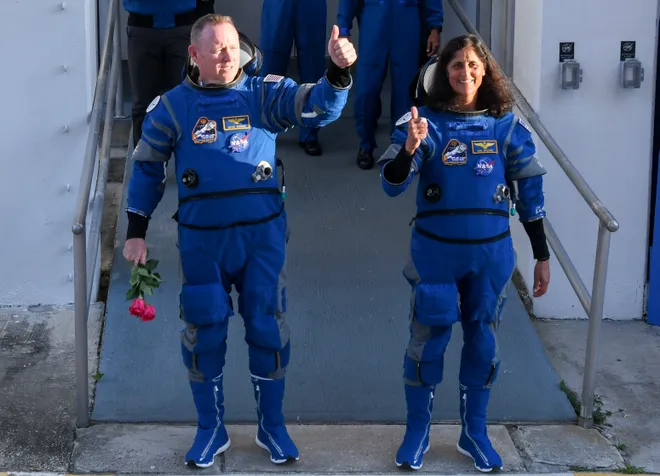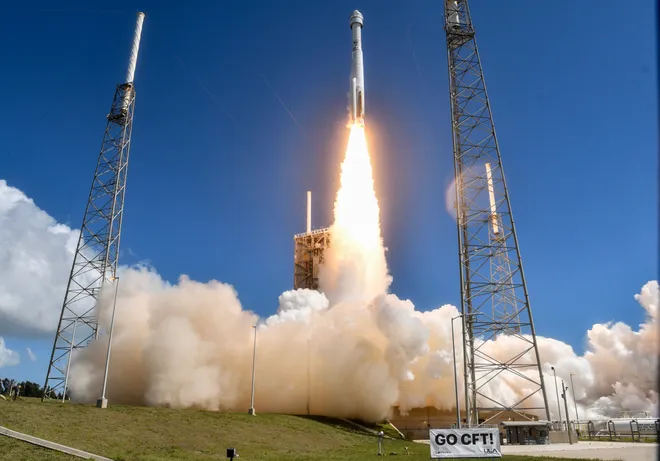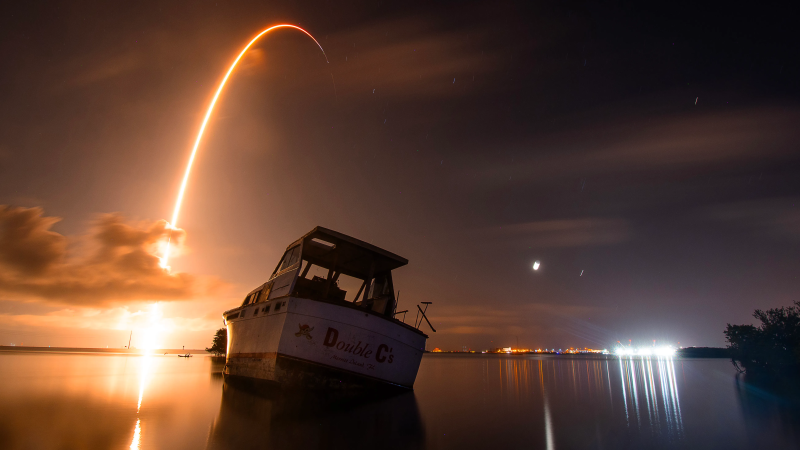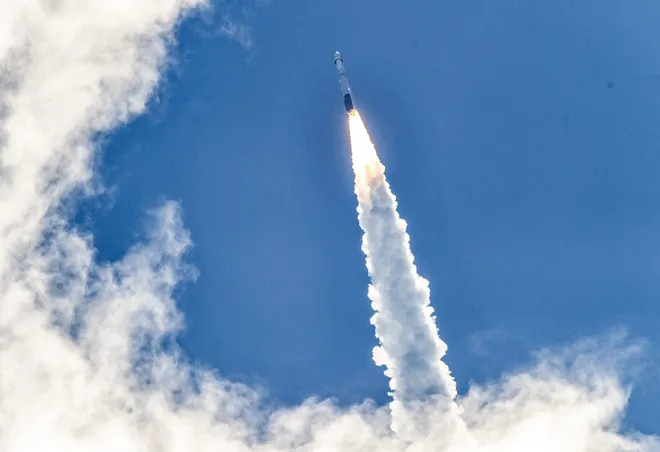Could Starliner astronauts return on a different craft? NASA eyes 2025 plan with SpaceX
The Boeing Starliner crew who have been in orbit for more than 60 days could have months yet before they can return to Earth.
And when they do, it may not even be on the Starliner capsule that in June initially brought them to the International Space Station for what was to be a week-long stay.
If the Starliner is ultimately deemed unsafe, NASA astronauts Barry "Butch" Wilmore and Sunita "Suni" Williams may instead come home in February aboard a SpaceX vehicle, NASA officials announced at a Wednesday news conference. While no decisions have yet been made, the agency indicated that multiple plans exist to get the veteran astronauts back to Earth, including having them even hitch a ride on a Russian Soyuz craft.
The announcement comes on the heels of another revelation surrounding the troubled Starliner venture: that SpaceX’s Crew-9 launch would also be delayed as Boeing and NASA figure out a plan for how the rest of the mission will unfold.

Starliner timeline:2 months after Starliner launched, astronauts still haven’t returned
Starliner crew could return on SpaceX Dragon
While the primary goal has always been for Wilmore and Williams to return on the Starliner, NASA and Boeing have had contingency plans in place to ensure they get home one way or another.
Among those mission contingencies is a last-ditch plan involving a return on SpaceX's Crew Dragon. If that were to occur, it wouldn't be until February that Wilmore and Williams finally make it back to Earth along with the members of SpaceX Crew-9, who are slated to head for a six-month stay at the space station.
"I don't think we're too far away from making that call," Ken Bowersox, NASA's associate administrator for space operations, said Wednesday. "We know at some point we need to bring Butch and Suni home."
While the return date remains uncertain, the astronauts were only scheduled to stay about a week in orbit when they launched June 5 aboard a Starliner craft perched atop an Atlas V rocket built by United Launch Alliance. But a slew of helium leaks and problems with its propulsion system hampered their return as engineers have been troubleshooting issues from the ground.
The mounting delays have prompted questions of whether Starliner is capable of safely returning the NASA astronauts at all, despite Boeing's insistence that it is.
"Boeing remains confident in the Starliner spacecraft and its ability to return safely with crew," the company said in its latest update on Friday, which outlined a series of tests that have been performed from the ground. "We continue to support NASA’s requests for additional testing, data, analysis and reviews to affirm the spacecraft’s safe undocking and landing capabilities."
In the meantime, Wilmore and Williams have continued to assist with science experiments and daily maintenance aboard the station, including the unloading of the Cygnus spacecraft that arrived Tuesday.
SpaceX Crew-9 mission delayed

But NASA officials aren't taking any chances.
As engineers evaluate testing data and conduct analyses, the U.S. space agency made the call to postpone the launch of SpaceX Crew-9, which had been slated to take off as soon as Aug. 18 for the space station. The routine flight meant to replace the Crew-8 mission that's been aboard the International Space Station since March now won't happen any sooner than Sept. 24, NASA said in a Tuesday news release.
The four Crew-9 members cannot arrive at the station until a free docking port opens up, meaning Starliner will have to undock by then with or without a crew, said Dana Weigel, manager of the International Space Station program. If the Starliner capsule cannot return home with its astronauts, then a diminished Crew-9 of two spacefarers will instead go to the station to leave room for Wilmore and Williams aboard the Dragon's return journey.
NASA said delaying that launch provides mission managers with more time to finalize a return plan.
"No decisions have been made regarding Starliner’s return," according to a statement from NASA.

What is the Boeing Starliner?
Boeing had high hopes that a successful crewed Starliner mission would put it on track to make routine trips to orbit for NASA.

Certifying Boeing for such ventures would provide NASA with a second operational spacecraft to carry astronauts to the space station as the U.S. space agency pivots to more partnerships with private industry. The agency has forked over billions of dollars to both Boeing and SpaceX to develop spacecraft capable of making trips to the International Space Station on its behalf.
But while Boeing's project has lagged behind schedule for years, racking up $1.5 billion in unplanned development costs along the way – as reported by Reuters – SpaceX has already begun reliably transporting astronauts and supplies to the space station.
It was unclear Wednesday whether Starliner could still be certified for crewed rotation missions if the capsule returns without its crew.
Eric Lagatta covers breaking and trending news for USA TODAY. Reach him at elagatta@gannett.com
Disclaimer: The copyright of this article belongs to the original author. Reposting this article is solely for the purpose of information dissemination and does not constitute any investment advice. If there is any infringement, please contact us immediately. We will make corrections or deletions as necessary. Thank you.






